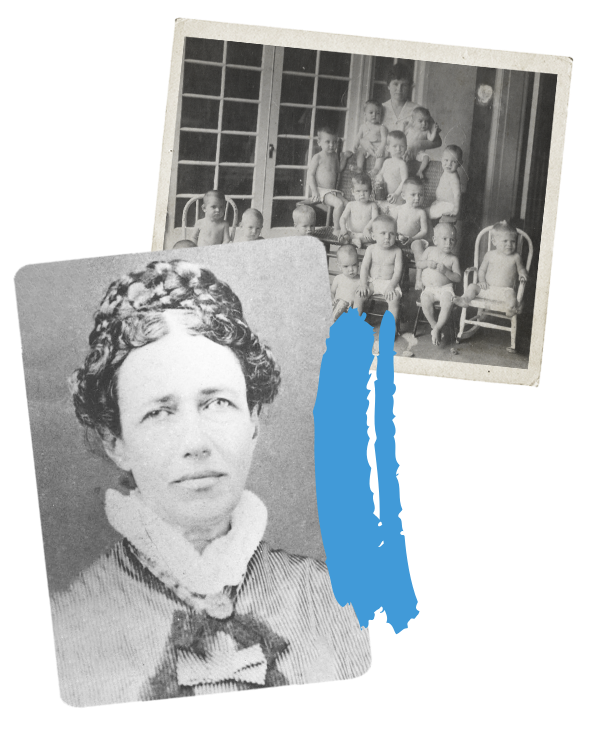
Our
History
Keep scrolling to explore our interactive history timeline

1892
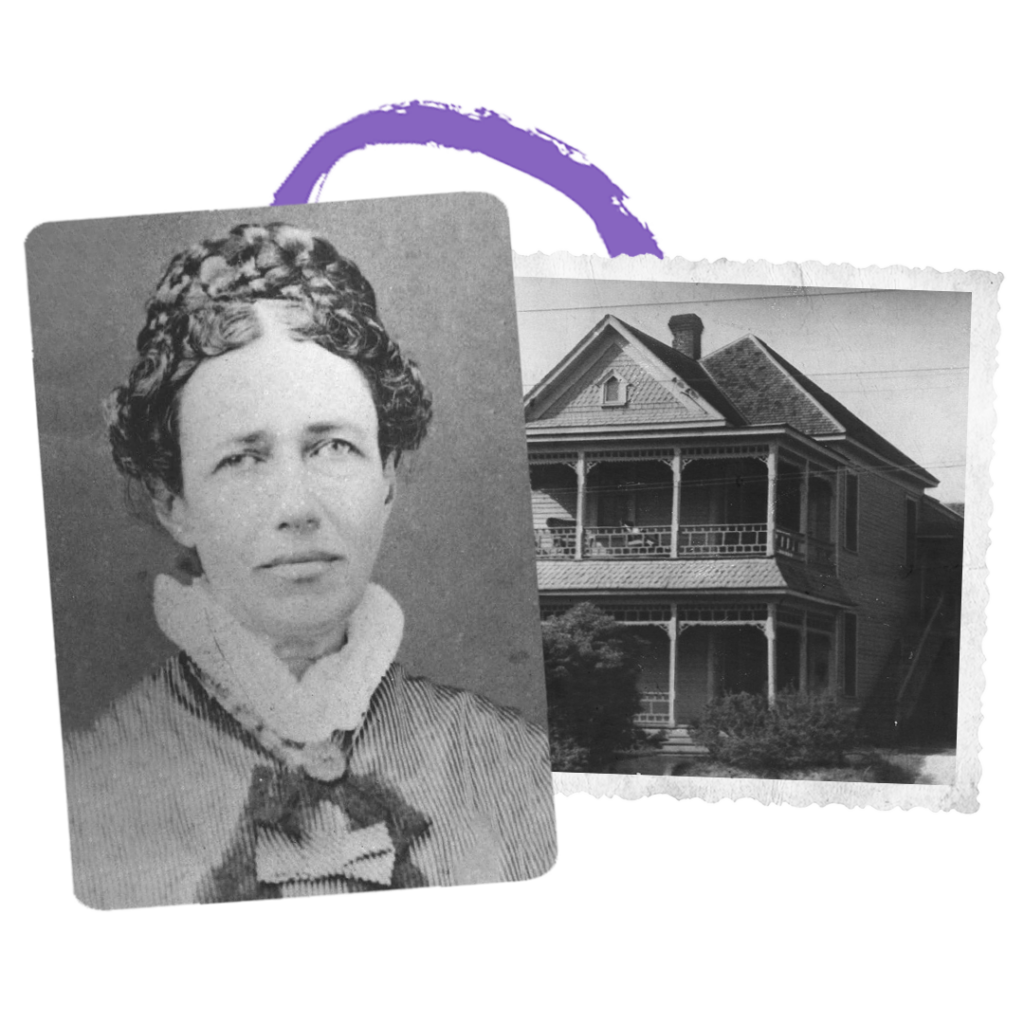
1892 - Kezia Payne DePelchin — a pioneering teacher, nurse and social worker — took a leap of faith and accepted into her care three orphaned infants for whom no other accommodations were available. Kezia cared for the children in two borrowed rooms at the home of a friend, relying on her personal earnings and donations from caring Houstonians. Within a few months on May 2, 1892, Kezia was able to move the children into a small, rented house, which she christened “Faith Home”.
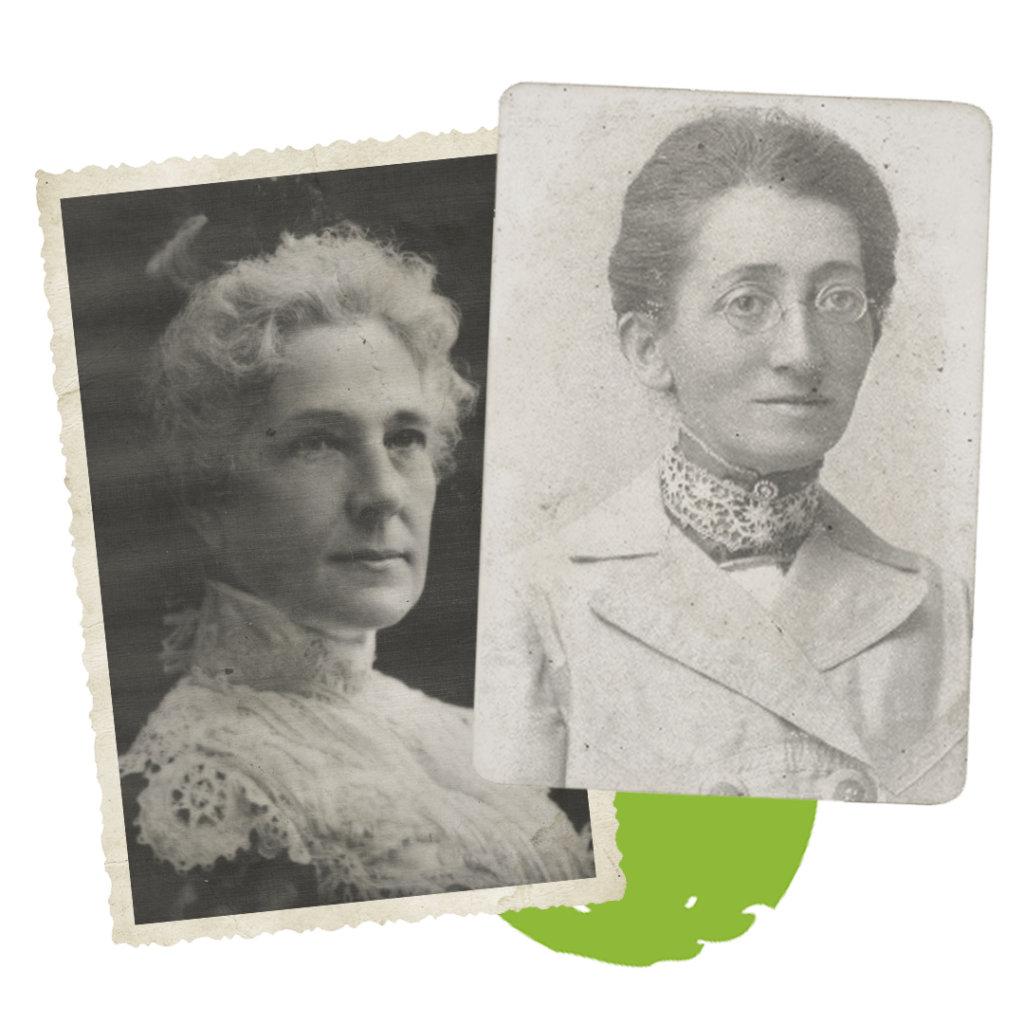
1893 - Sadly, Kezia died one year after founding Faith Home, but the Houston community embraced Kezia’s vision, adopted the home and helped it to grow. Kezia’s supporters, including Captain James Baker, organized and secured a Charter of Incorporation to formally proceed with her mission.
Ruth House, one of Kezia’s friends and supporters, was elected and served as the first President of DePelchin Faith Home’s Board of Directors. Martha Payne, Kezia’s niece, was hired as its first paid matron.
1893
1896

1896 - Monetary donations, in addition to in-kind donations of food, goods and services, were the sole support of DePelchin Faith Home.
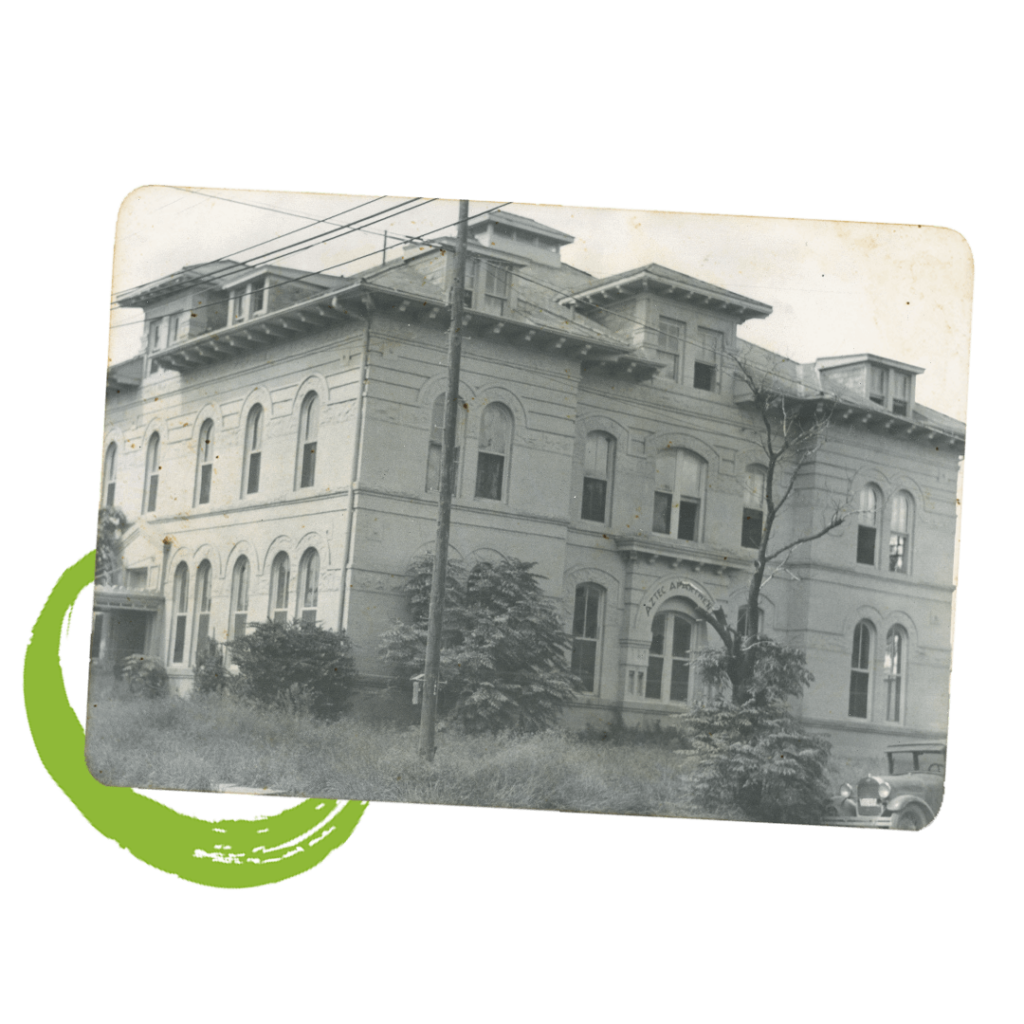
1899 - By the turn of the century, awareness of DePelchin Faith Home had increased significantly, and construction began on a new facility at the corner of Chenevert and Pierce streets. The two-story brick building, complete with gas fixtures, running water and a modern bathroom, cost $11,000 to construct.
1899
1900

1900 - The second site of DePelchin Faith Home housed children for more than a decade, but with nearly 50 children in care, the Board of Directors recognized a need for expansion in 1909.

1913 - The Levy family donated five lots on Albany and Dennis streets for construction of a larger facility that was dedicated April 19, 1913, and remained the site of DePelchin Faith Home for 25 years.
1913
1922
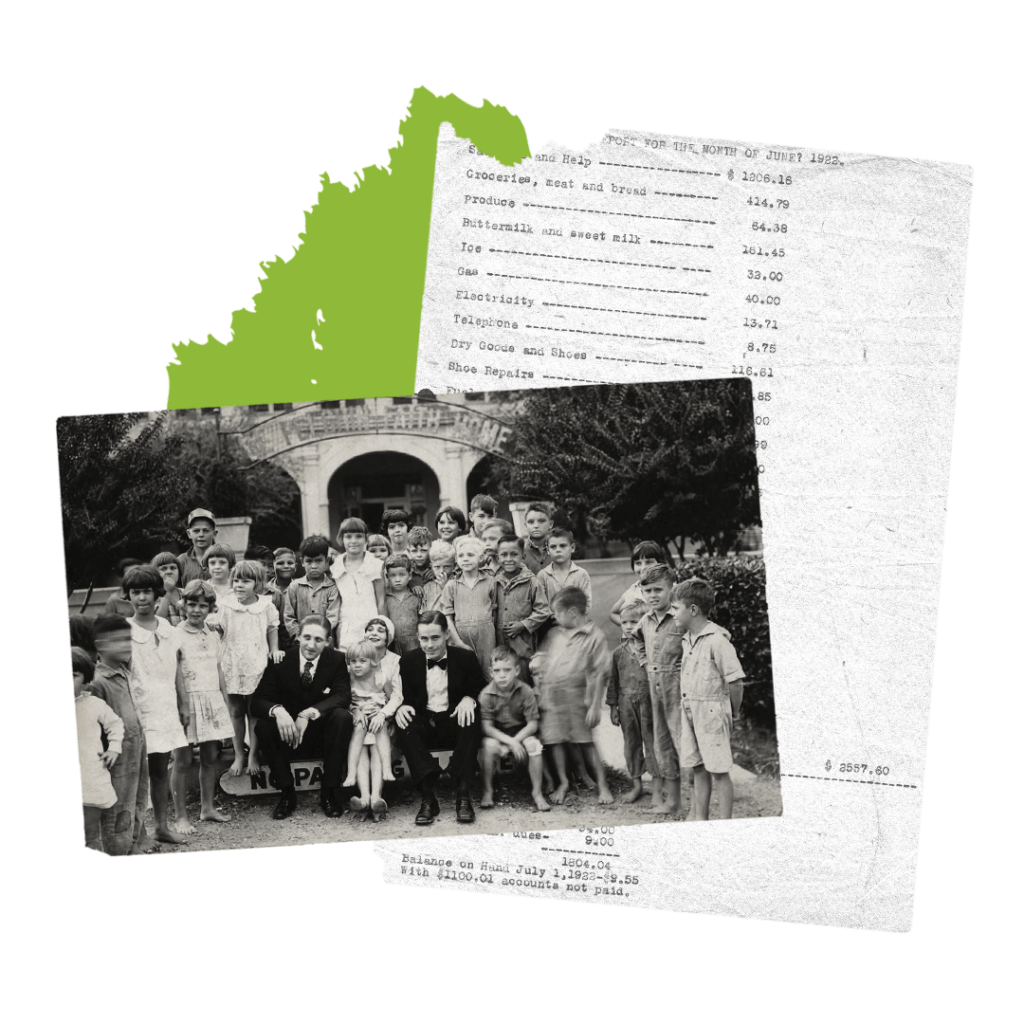
1922 - The cost of caring for a child at DePelchin Faith Home in 1922 was approximately $26 per month. Some 28 employees provided shelter, food, clothing, education and loving care to approximately 250 children.
DePelchin was one of the original 21 agencies supported by the Houston Community Chest, which became the United Fund and is called the United Way of Greater Houston today.
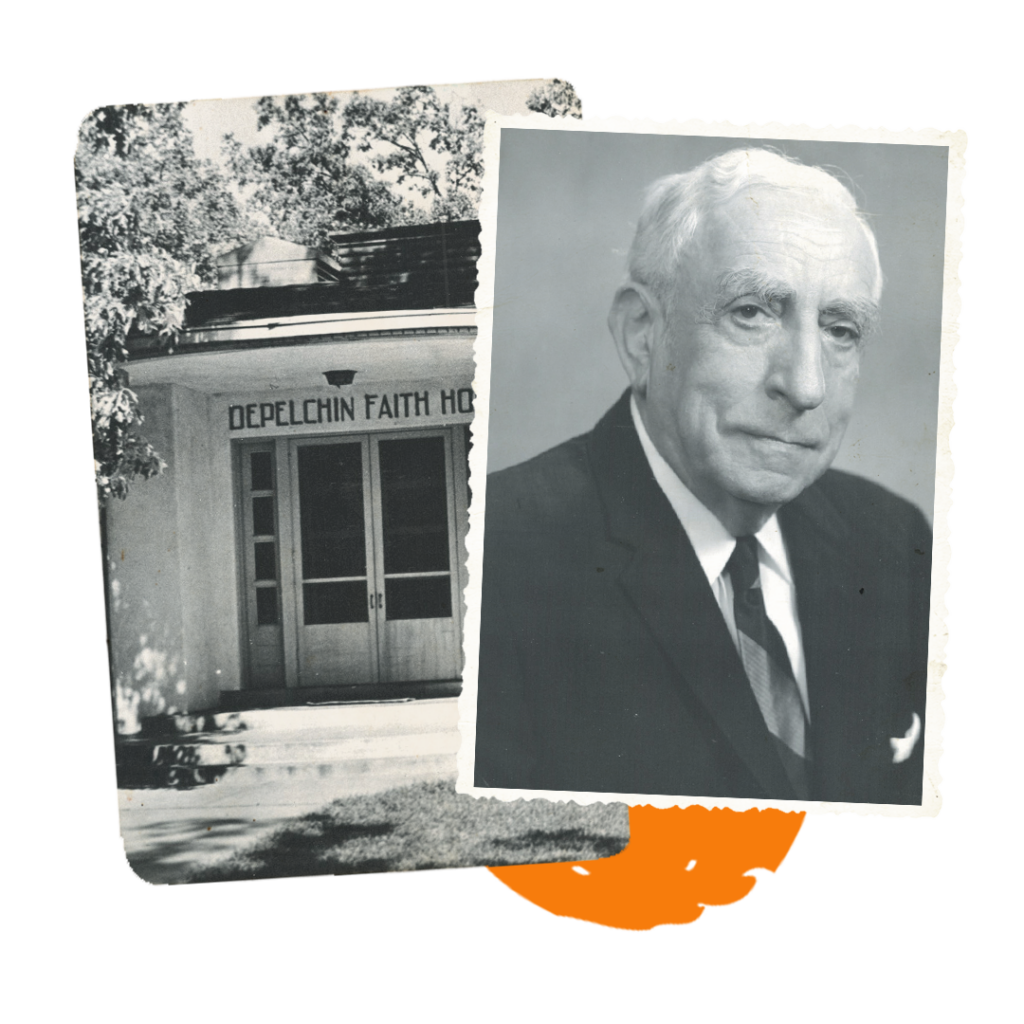
1938 - Ben Taub, the first male president of DePelchin’s Board of Directors, secured one of the first PWA grants ever appropriated for the construction of the new facility on 12 acres of wooded land adjacent to Shepherd Drive. The fourth site of DePelchin Faith Home, its current location, cost $205,000 to construct and opened on September 13, 1938.
1938
1939
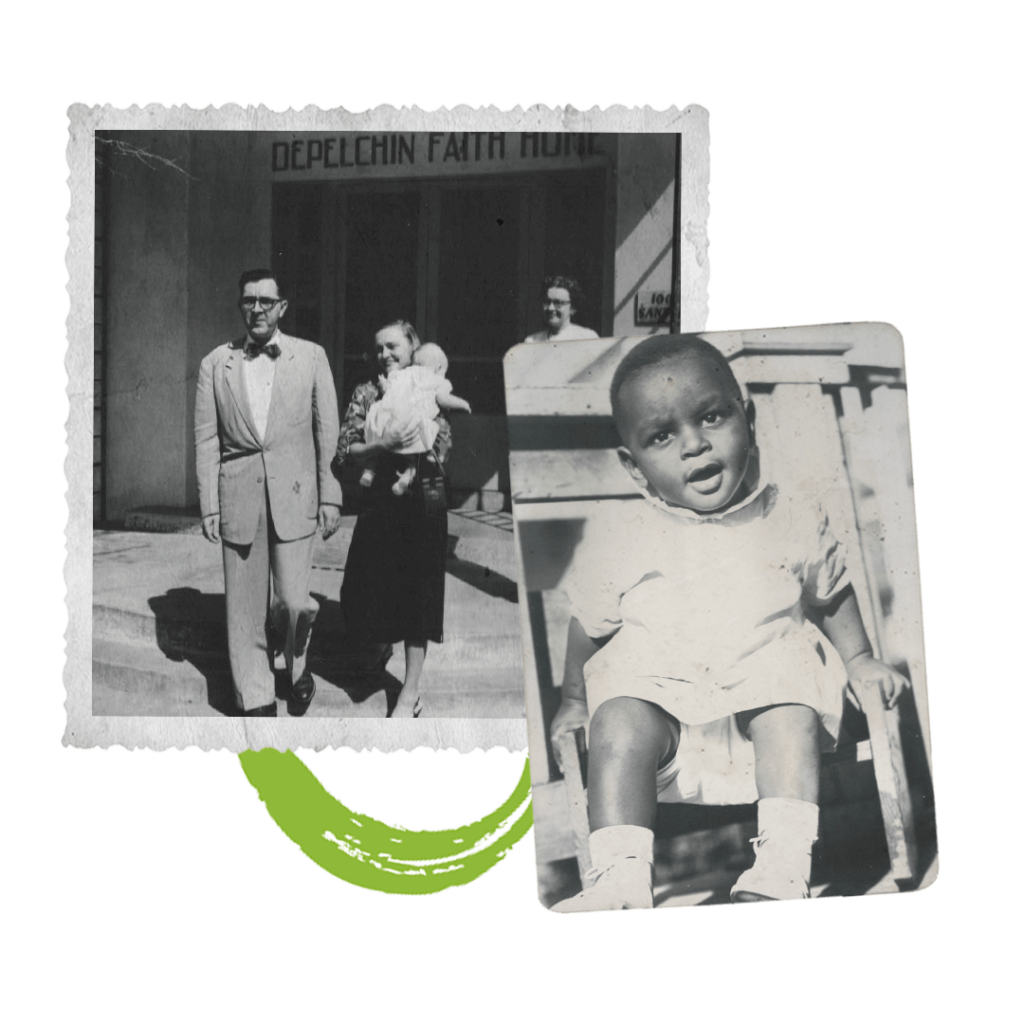
1939 - In the 1930’s, Houston was still a city divided by race, and there was a gap of resources to help African American children. DePelchin’s Board of Directors, with overwhelming support from the community, responded by opening the Negro Child Center, the first center to offer residential and foster care services for children in need.
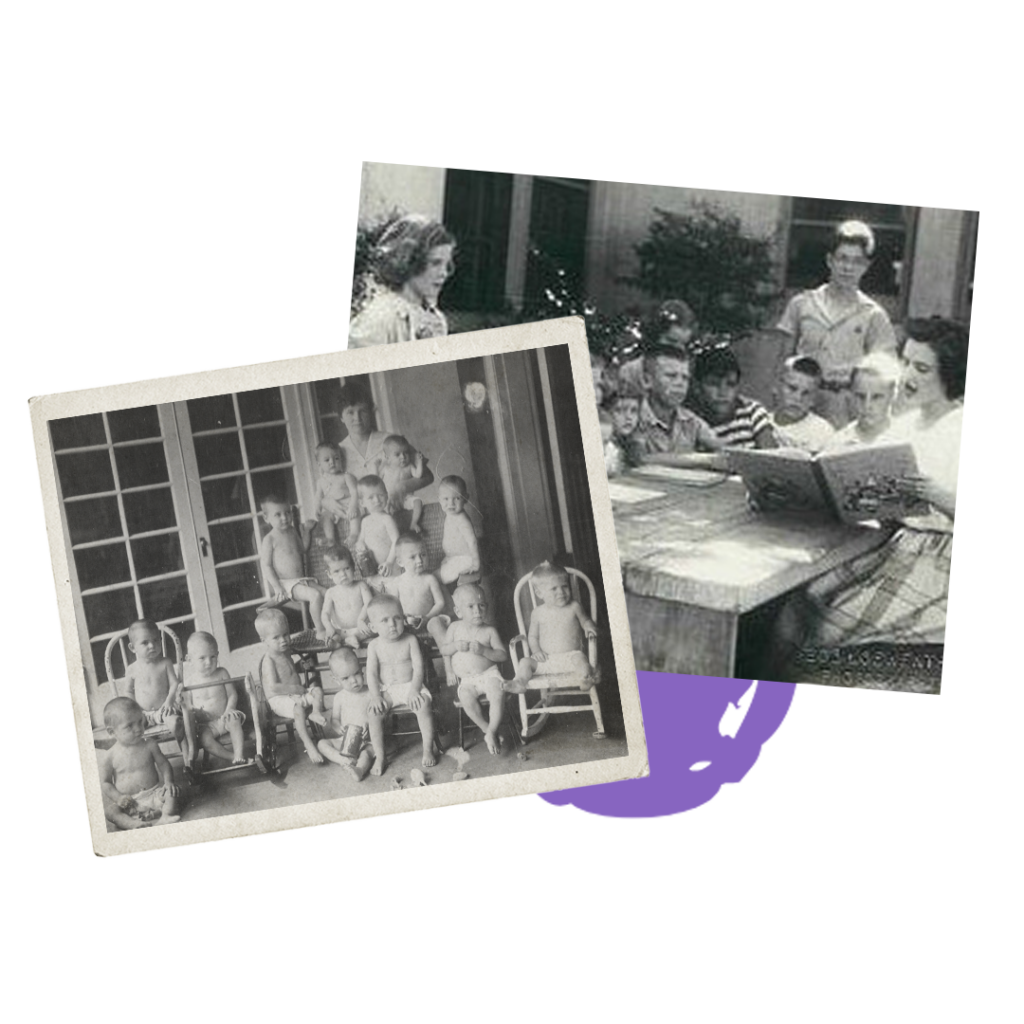
1940 - Much like today, the community rallied around DePelchin. Many individuals donated their time to read stories, wrap Christmas gifts and attend plays put on by children at Faith Home.
1940
1946
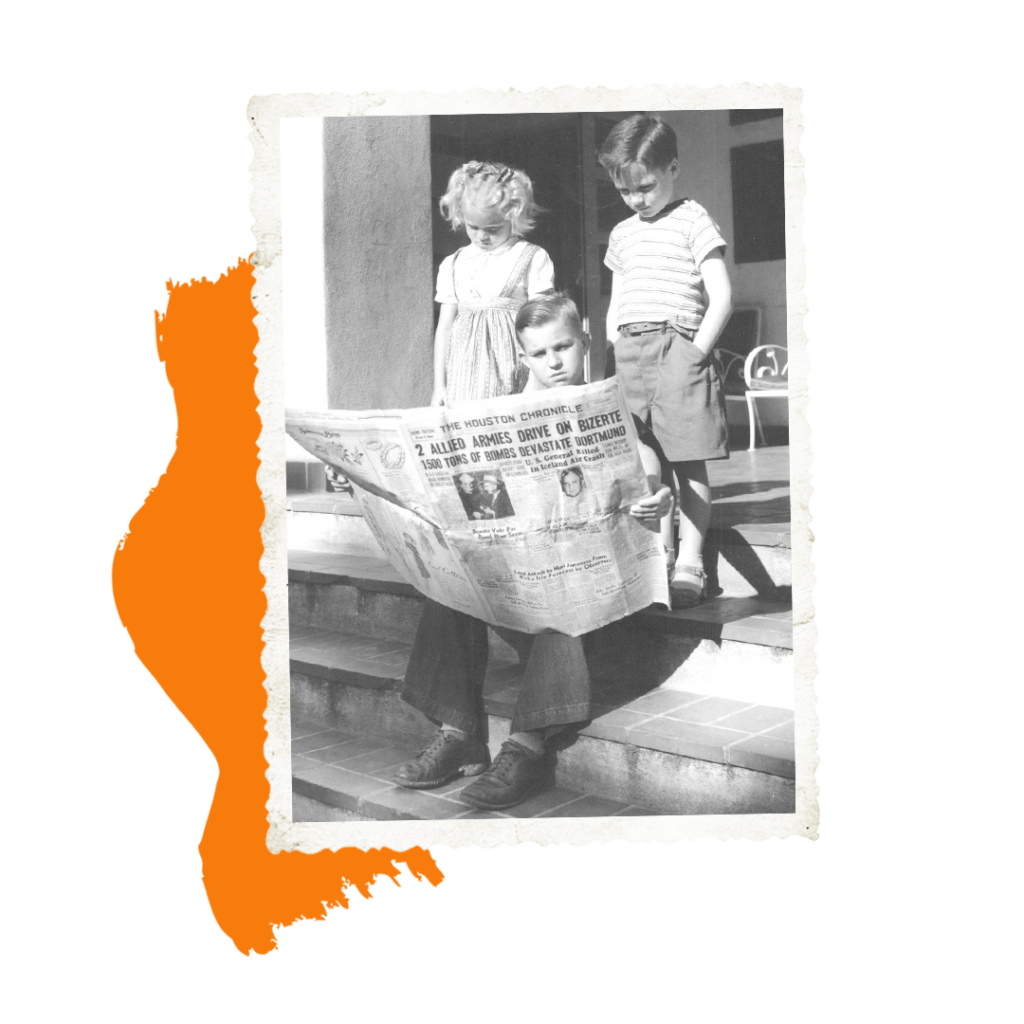
1946 - As the United States entered World War II, the number of children and families requiring Faith Home services increased. A 1946 Faith Home report stated that the agency served nearly 2,000 children. 43% of these children came from homes affected by death, divorce, separation, desertion or illness and required care outside of their home through DePelchin’s foster care or residential services. The remaining children and their families received advice and counseling to forestall the children’s removal from the home.
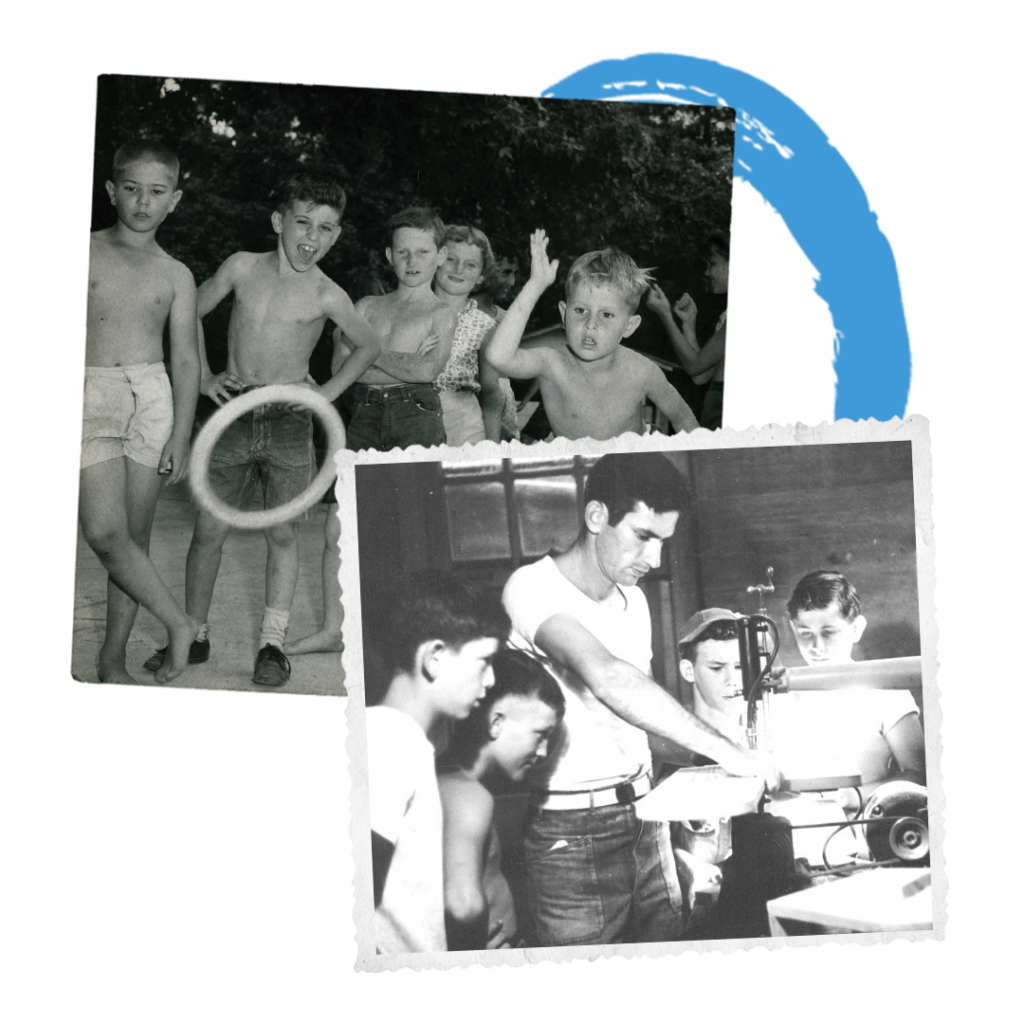
1950 - In addition to their academic studies, children received useful life skills training such as cooking and wood-working. Prayers before meals and at bedtime were also a part of the children’s daily Faith Home ritual.
During the post-World War II era, enrollment at Faith Home declined with economic and social conditions improving for families. However as enrollment declined, the average age of children in care increased and efforts were focused on finding homes for older children.
1950
1960
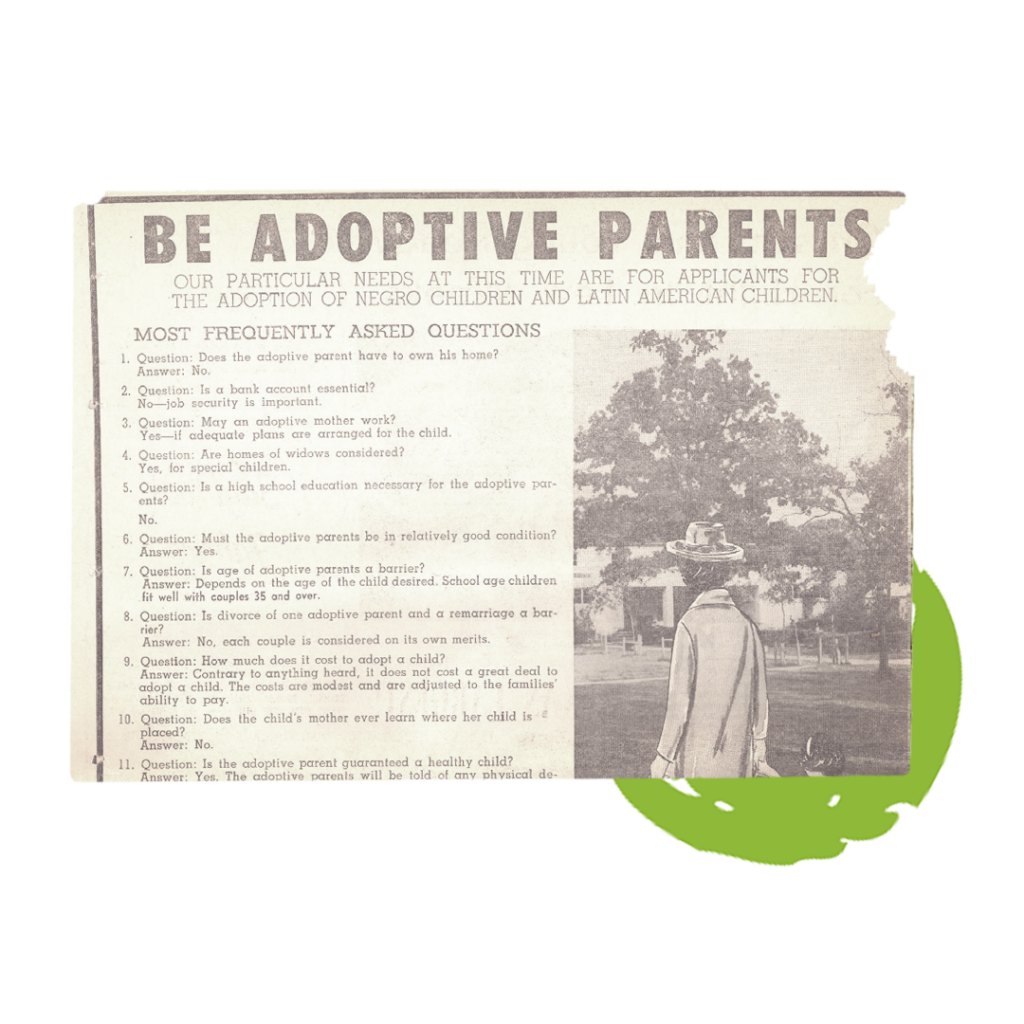
1960 - DePelchin continued to struggle to find homes for minority children and children with special needs, including mental health challenges.
A special unit was designed to help these children find adoptive homes.
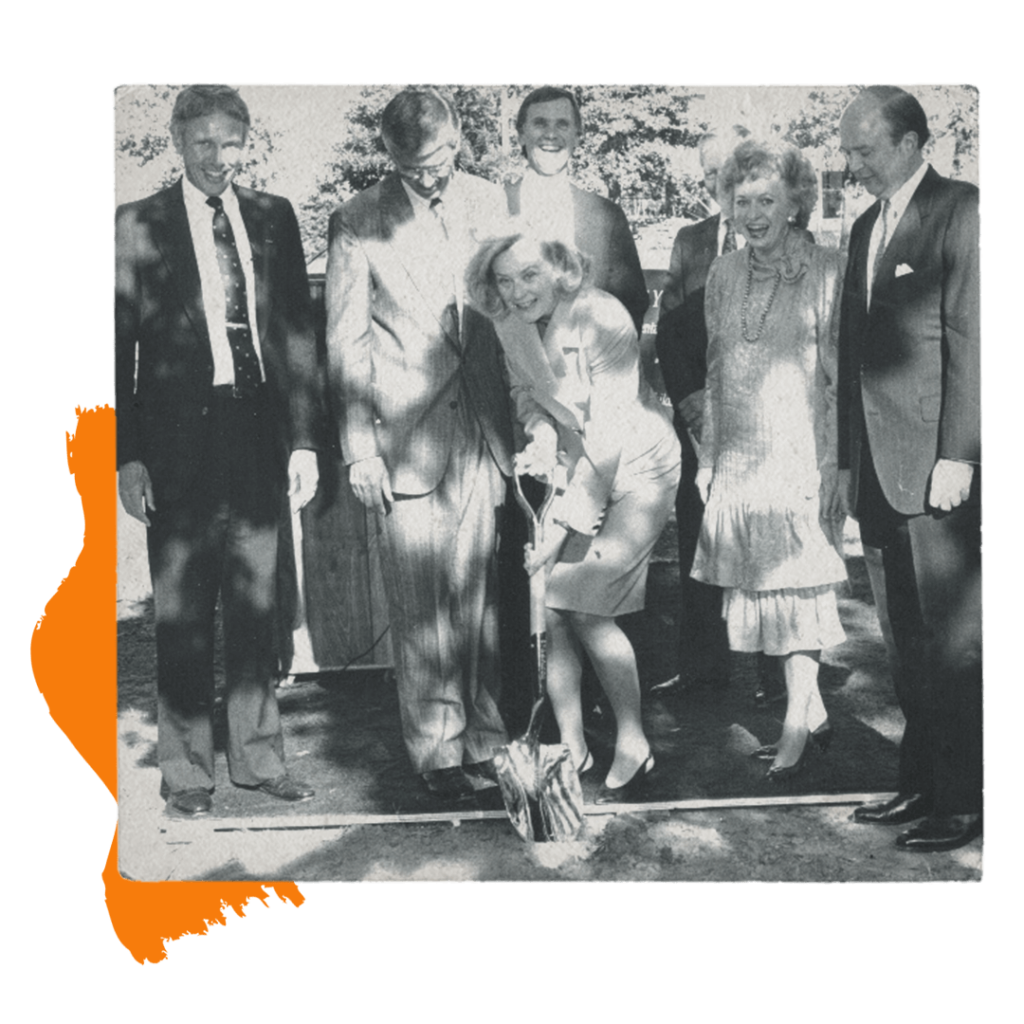
1982 - DePelchin’s Bayou Place, the only non-profit psychiatric hospital program in Houston, received a $5 million grant from the Cullen Foundation to greatly expand its mental health services.
1982
1983
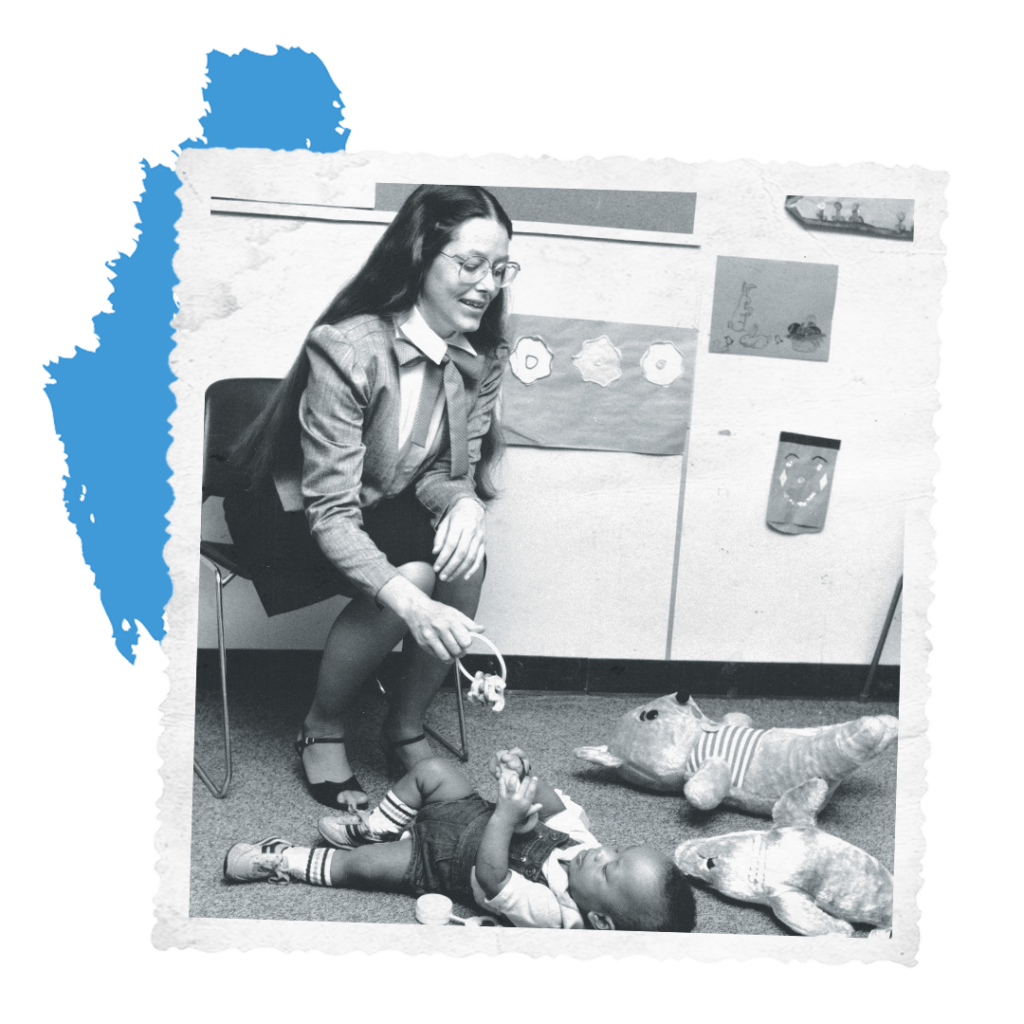
1983 - DePelchin Faith Home officially changed its name to DePelchin Children’s Center to reflect the organization’s identity as a multi-disciplinary agency with many new programs, including post adoption counseling, maternity care, day treatment and home-based therapy.

1987 - DePelchin merged with Fort Bend’s Youth Opportunities Unlimited (YOU) to provide emergency shelter services in Fort Bend County. Today, the facility serves as DePelchin’s 24-hour residential treatment center for children ages 5-12 years.
1987
1997
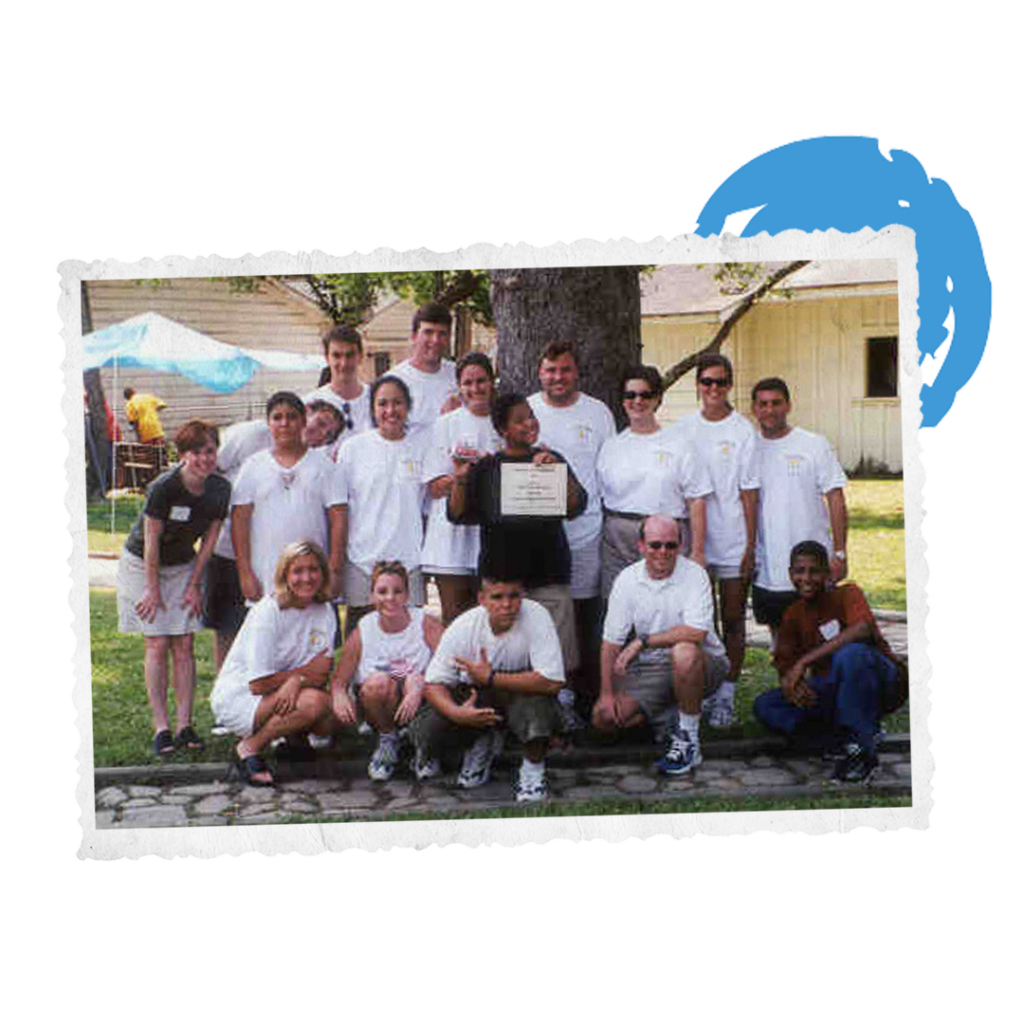
1997 - Friends of DePelchin was created in 1997 as one of Houston’s first young professional’s group. The Friends group is continues to support DePelchin’s mission today through philanthropy, volunteerism and raising awareness.
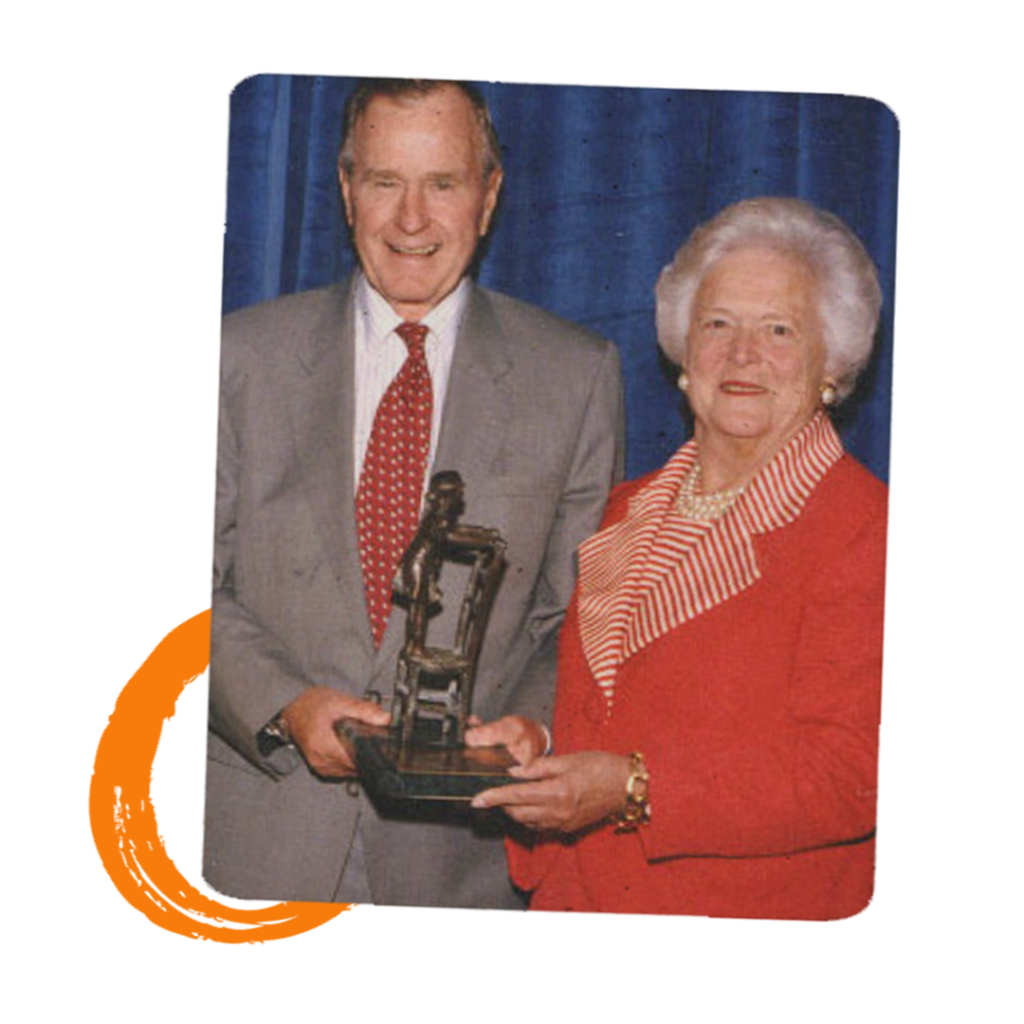
1998 - DePelchin established the Kezia DePelchin Award in 1998 to honor individuals with an outstanding record of service to children and families. President and Mrs. George H.W. Bush were honored as the first award recipients.
1998
2002
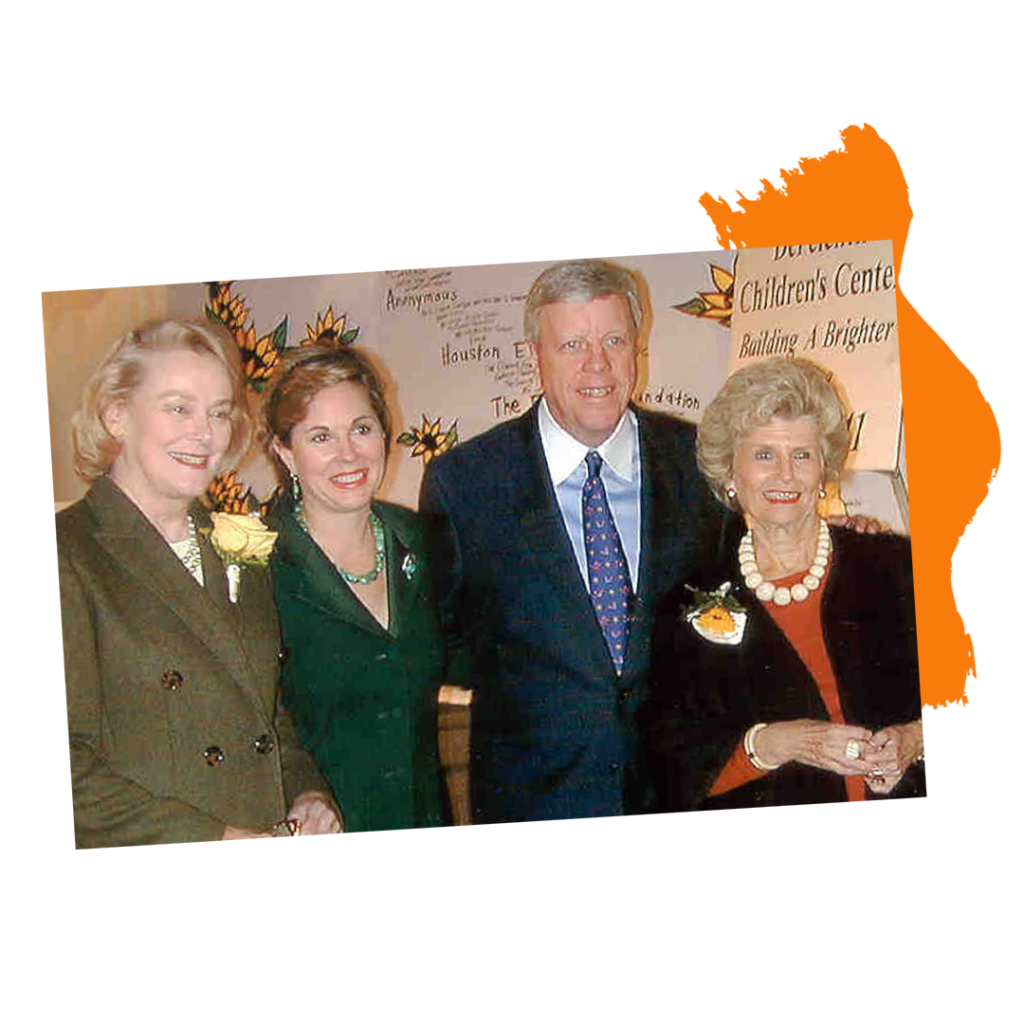
2002 - As DePelchin entered the 21st century, the agency launched its first major building project in 60 years with the $15 million “Building a Brighter Future” capital campaign. The Kinder Program Services building replaced the original cottages and serves as the main location

2006 - DePelchin was selected as the charitable partner of the Texas Bowl, which has donated more than $2 million in funding and millions in publicity support over the years.
2006
2012

2012 - DePelchin expanded its footprint beyond Houston by merging with Caring Family Network, a foster care and adoption agency with offices in Austin, San Antonio, and Lubbock.
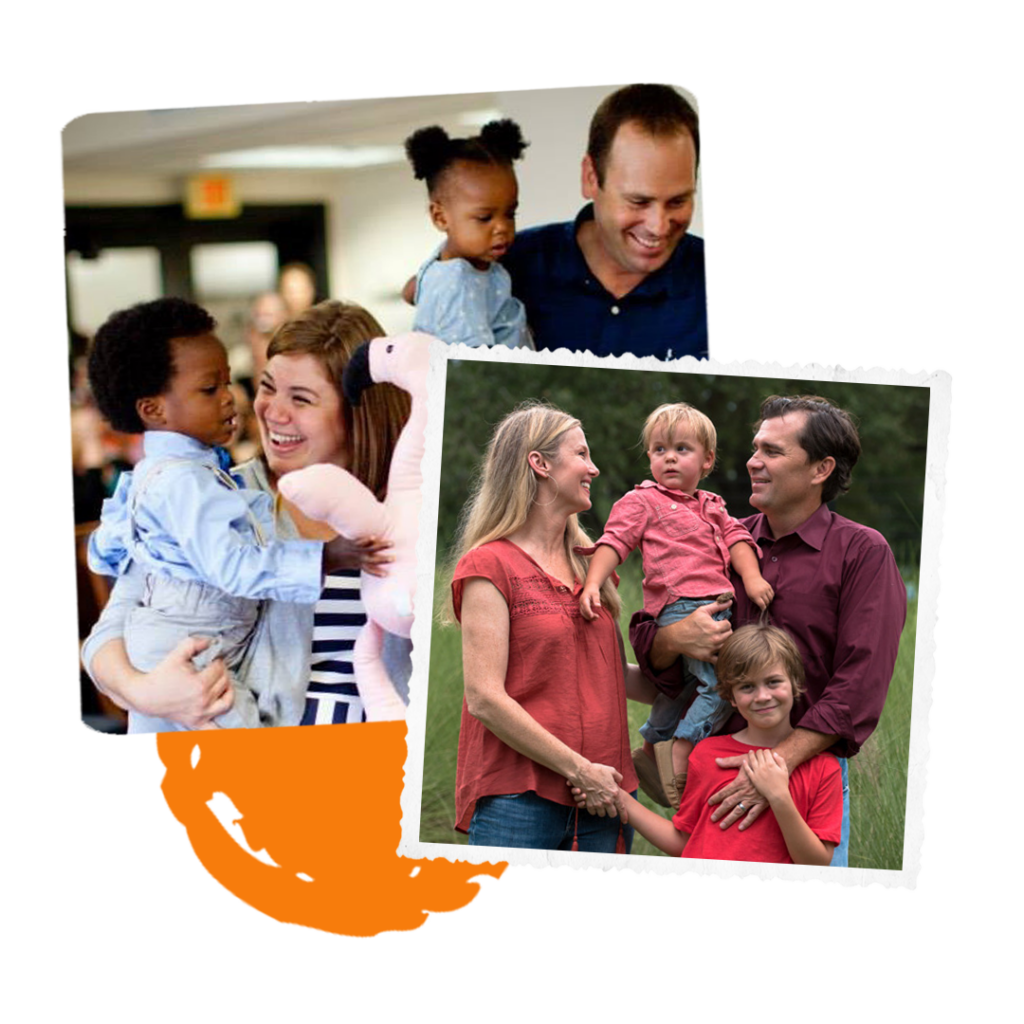
2016 - DePelchin announced a new strategic plan to refocus its resources on children who are at risk of entering or are in the State’s child welfare system.
2016
2017
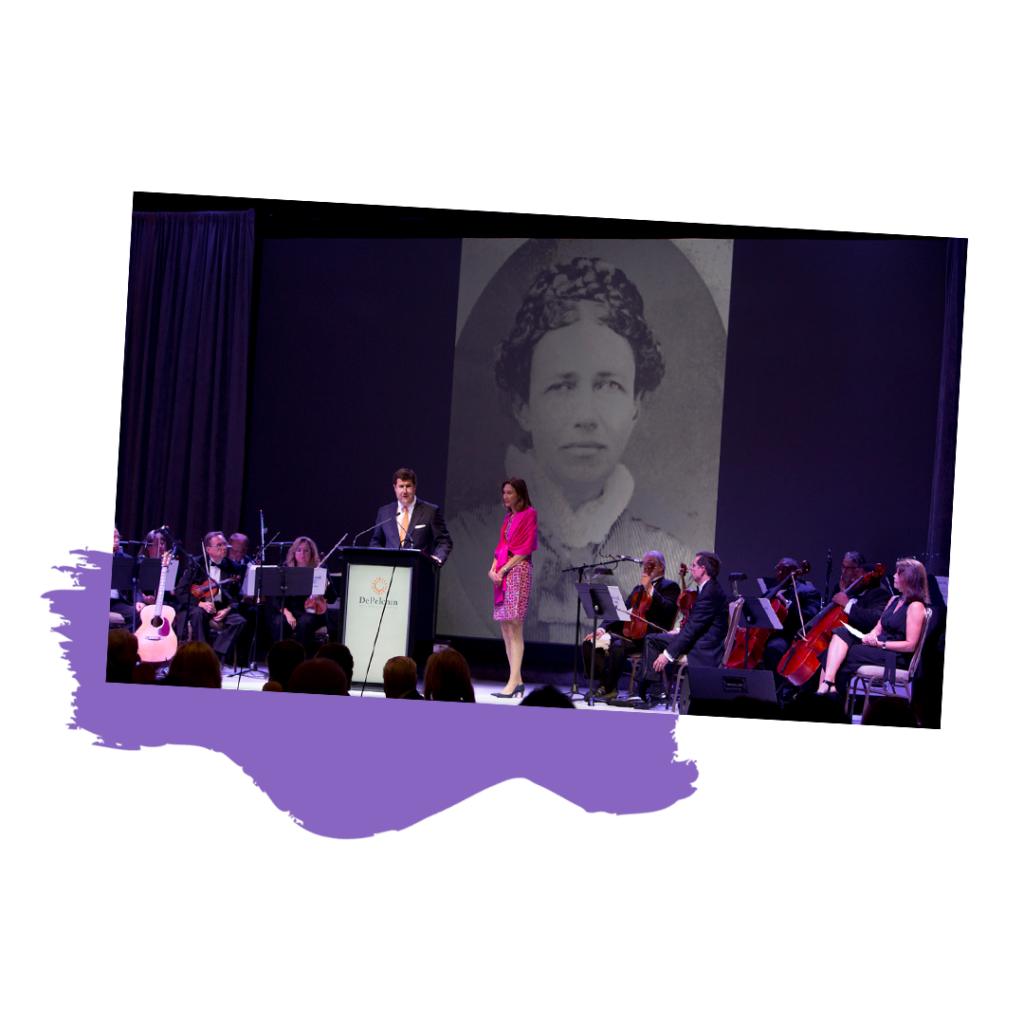
2017 - On May 2, 2017, DePelchin celebrated its 125th anniversary and the thousands of children and families who have been forever blessed by Kezia DePelchin’ s legacy.
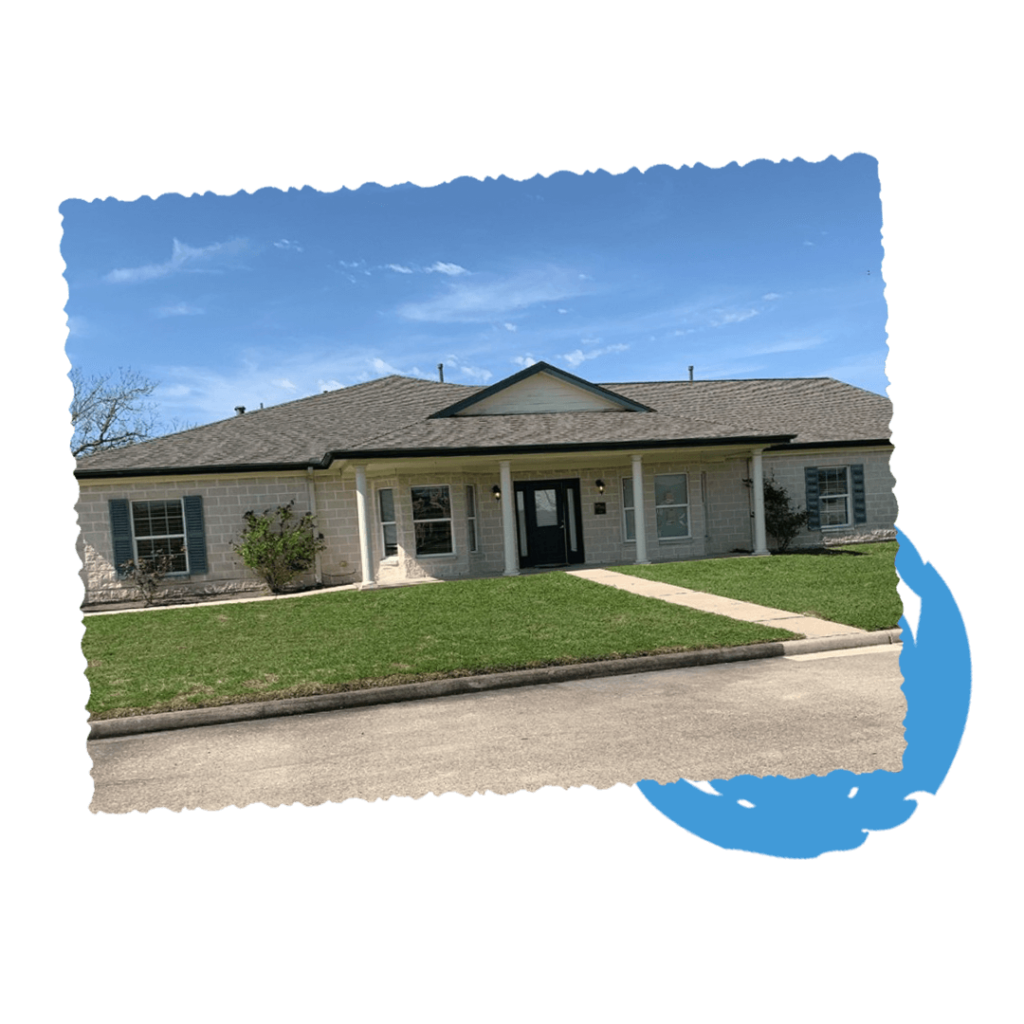
2022 - The Boards of DePelchin Children’s Center and the Foundation for DePelchin Children’s Center assumed the campus assets of Today’s Harbor for Children in LaPorte. With the addition of the campus, DePelchin launched two new residential programs for foster youth. One program provides care for pregnant and parenting foster teens and the other supports teenagers in foster care who plan to be independent by 18.

